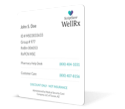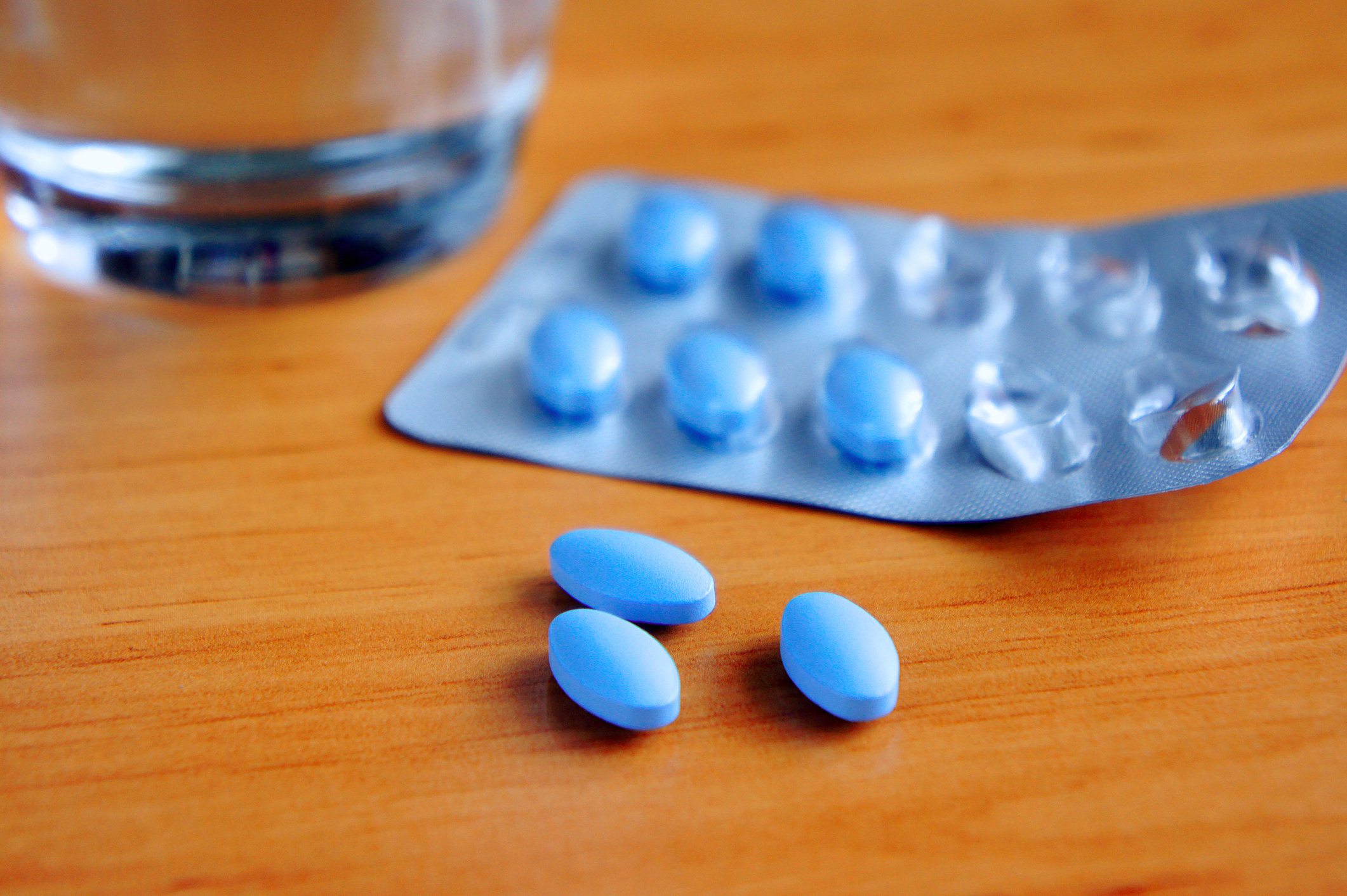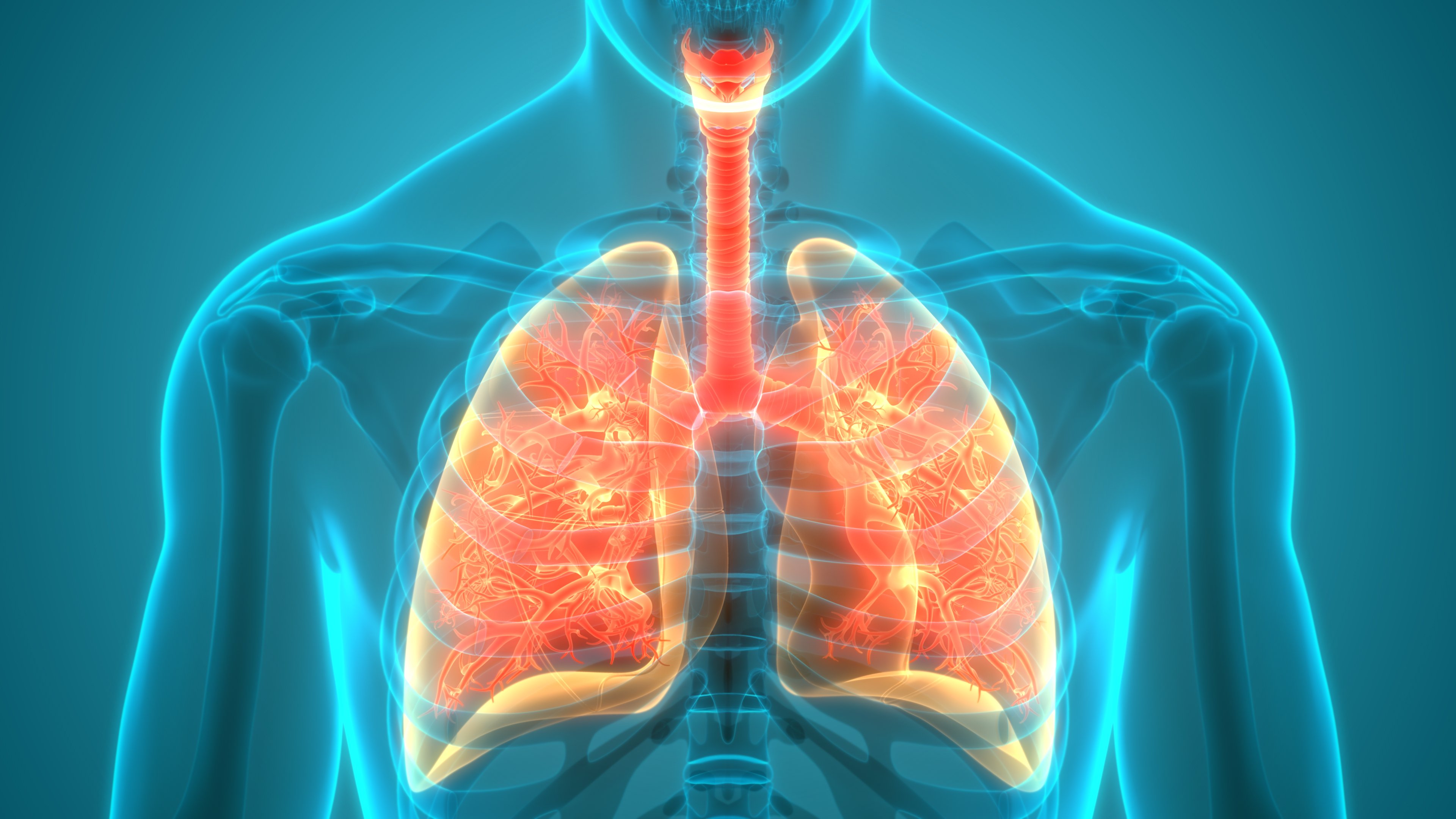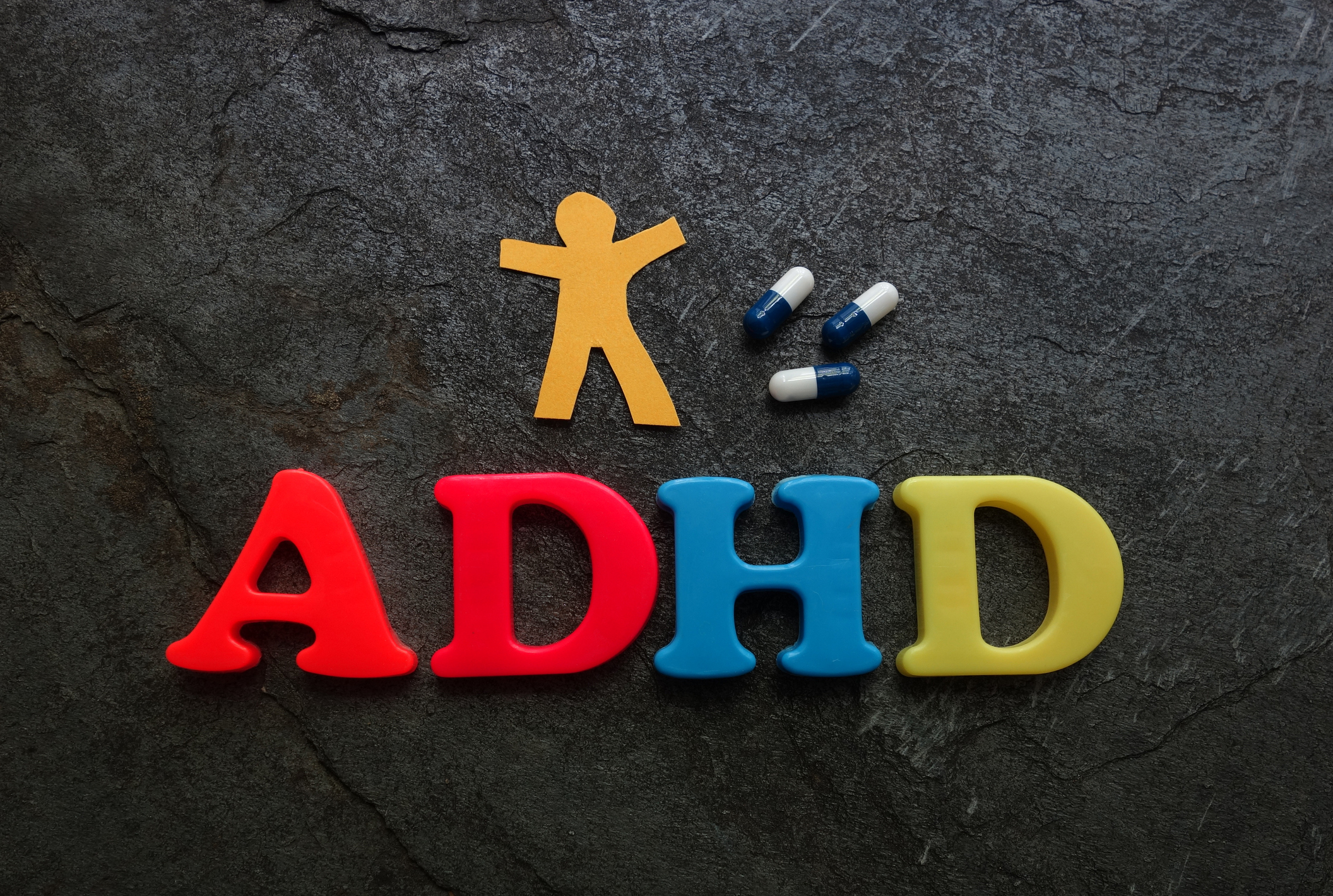The Latest Research on COVID-19 Prevention and Treatment
By Libby Pellegrini MMS, PA-C
August 20, 2020
Prescription Drugs, Your Health & Wellness
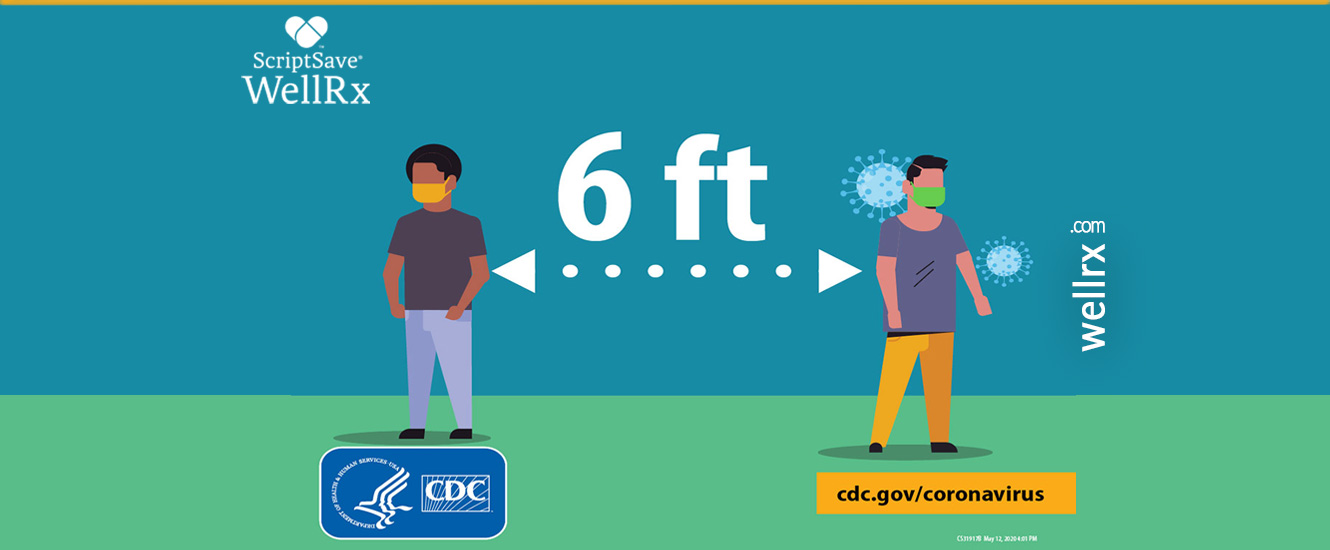
The COVID-19 pandemic has held the world in its grip for nearly eight months. As healthcare providers have learned and adapted to the nuances of the SARS-CoV-2 virus, the scientific community has been racing to uncover the best prevention practices and to discover new treatments. An extraordinary amount of collaboration has paved the way for many exciting developments.
Here’s the latest on research regarding COVID-19 prevention and treatment.
Preventing COVID-19 Infections
The most effective way to halt the continuing spread of the novel coronavirus is to stop its transmission. Several prevention strategies have demonstrated effectiveness:
Handwashing
When the novel coronavirus first emerged in the United States in mid-January 2020, there was a rapid public embrace of handwashing. However, researchers did not just take this recommendation at face value; they performed in-depth studies of handwashing’s effectiveness as it relates to COVID-19. Luckily, the message has stayed remarkably the same; research reinforces that handwashing is a highly effective method of preventing the spread of COVID-19 infection.
Social Distancing
At the onset of the COVID-19 pandemic, we became intimately familiar with a new phrase: social distancing. Because the method of transmission of COVID-19 is largely thought to be via respiratory droplets, and these droplets generally cannot travel farther than approximately six feet, keeping your distance from others outside of your household has been broadly encouraged by public health authorities. Recent research into social distancing using mobile telephone data tracking has confirmed that this public health strategy effectively reduces the transmission of the virus.
Wearing a Mask in Public Places
The U.S. Centers for Disease Control and Prevention (CDC) updated its mask guidelines on August 7, 2020, noting that considerable emerging evidence from clinical studies supports the practice of mask-wearing in public places. Masks prevent a wearer from spreading viral particles to others, and may also have a secondary effect of shielding a wearer from large respiratory droplets. The most up-to-date research on homemade mask materials for preventing the spread of the virus shows that a double-layered face mask made of quilter’s cotton most effectively prevents the spread of viral particles.
Prevention Strategies on the Horizon
One of the most lauded prevention strategies in modern medicine is wide-scale vaccination to protect against infection. Numerous trials for coronavirus vaccines are currently underway. In the United States, the pharmaceutical company Moderna was the first to enter into phase 3 level studies in its clinical vaccine trial. If a vaccine proves to be effective, it will represent a major scientific advance in the effort to prevent the spread of COVID-19 infection.
You can download a comprehensive list of current COVID-19 vaccine trials, published by the World Health Organization (WHO), here.
Other Forms of Prevention
Other COVID-19 prevention strategies, such as prophylactic medications – those that are taken to prevent infection with the virus in the first place – are also being actively researched, including recent clinical trials for monoclonal antibodies against COVID-19. Monoclonal antibodies are genetically-engineered antibodies and are currently in use to prevent and treat a wide array of other health conditions.
Vitamin D has also been a hot topic when it comes to COVID-19 prevention. A recent article in the medical journal The Lancet discusses the use of vitamin D supplementation in the fight against COVID-19. Although more research is needed, the article authors conclude that reasonable daily supplementation with vitamin D has a very little downside for most people and a potentially large benefit. Other examinations of vitamin D and COVID-19 have echoed these findings.
Additionally, prevention strategies such as oral rinsing to reduce virus transmission are currently being researched.
Treating COVID-19 Infections
As our understanding of the SARS-CoV-2 virus has grown, the way that medical teams approach the virus has also changed. Clinicians have honed their understanding of ventilator use in severe cases and have incorporated other treatment strategies, such as placing patients in a prone position rather than flat on their backs. Research has validated the following therapies in the fight against COVID-19, which are now broadly recommended by the U.S. National Institutes of Health (NIH).
Remdesivir
Remdesivir is an antiviral medication that was on the scene early in the fight against COVID-19, receiving an Emergency Use Authorization (EUA) from the Food and Drug Administration (FDA) in May 2020. The first clinical trial of Remdesivir showed that it quickened recovery from COVID-19 infection. More clinical trials involving this medication are currently underway, and the manufacturer of Remdesivir recently submitted an official New Drug Application (NDA) to the FDA for consideration. The NIH currently recommends Remdesivir’s use in hospitalized patients who require supplemental oxygen but are not using other specified modes of oxygen delivery.
Dexamethasone
New research on the corticosteroid known as dexamethasone has shown that it reduces mortality in patients with COVID-19 infection. As a result, dexamethasone, as well as other steroids, are now being widely incorporated into the standard of care for patients with severe COVID-19 disease.
Other Potential Treatments for COVID-19
In addition to being evaluated as a possible prevention strategy against the novel coronavirus, monoclonal antibodies are also being studied in clinical trials as possible therapeutics, both for patients with mild to moderate disease, and for those with more severe disease who have been hospitalized. Other treatment modalities, such as nanobodies, nasal irrigation, and convalescent plasma, are also currently being investigated.
Clearly, the fight against the novel coronavirus is vigorous and ongoing. As new therapies for COVID-19 continue to emerge, we at ScriptSave® WellRx are devoted to helping you access the most affordable medications on the market. Make sure to use our app to get the lowest price at the pharmacy.
Libby Pellegrini is a nationally certified physician assistant. She has worked in numerous healthcare settings, including the rural United States, an inner-city Level I trauma center, several suburban acute care centers, and a boutique, personalized medicine clinic in Southeast Asia. She graduated Magna Cum Laude from Northwestern University’s Medill School of Journalism.
References:
https://pubmed.ncbi.nlm.nih.gov/32232986/
https://pubmed.ncbi.nlm.nih.gov/32694481/
https://www.cdc.gov/coronavirus/2019-ncov/prevent-getting-sick/cloth-face-cover-guidance.html
https://aip.scitation.org/doi/10.1063/5.0016018
https://www.who.int/publications/m/item/draft-landscape-of-covid-19-candidate-vaccines
https://www.thelancet.com/journals/landia/article/PIIS2213-8587(20)30268-0/fulltext
https://www.sciencedirect.com/science/article/pii/S1876034120305311
https://academic.oup.com/jid/advance-article/doi/10.1093/infdis/jiaa471/5878067
https://www.thelancet.com/journals/lanres/article/PIIS2213-2600(20)30268-X/fulltext
https://www.covid19treatmentguidelines.nih.gov/whats-new/
https://www.niaid.nih.gov/diseases-conditions/covid-19-clinical-research
https://www.covid19treatmentguidelines.nih.gov/whats-new/
https://www.medrxiv.org/content/10.1101/2020.06.22.20137273v1
https://www.wellrx.com/prescriptions/dexamethasone/
https://files.covid19treatmentguidelines.nih.gov/guidelines/covid19treatmentguidelines.pdf
https://clinicaltrials.gov/ct2/show/NCT04347538
https://www.biorxiv.org/content/10.1101/2020.08.08.238469v1
Recommended Articles



